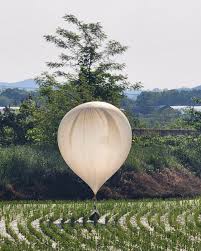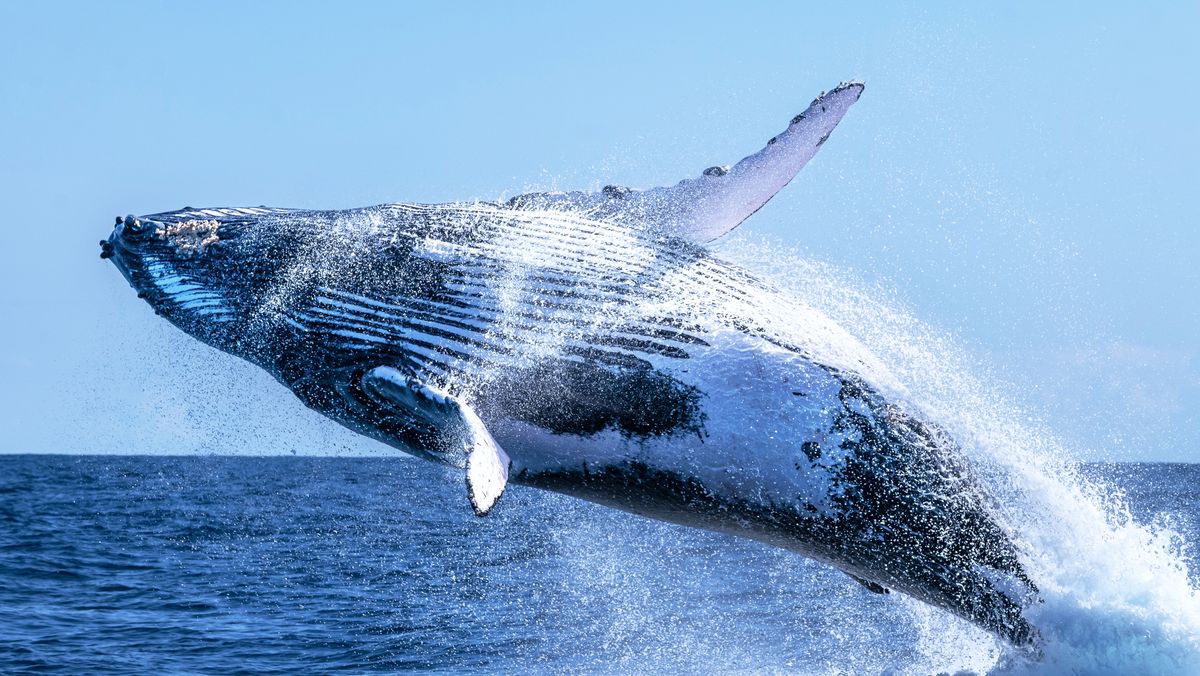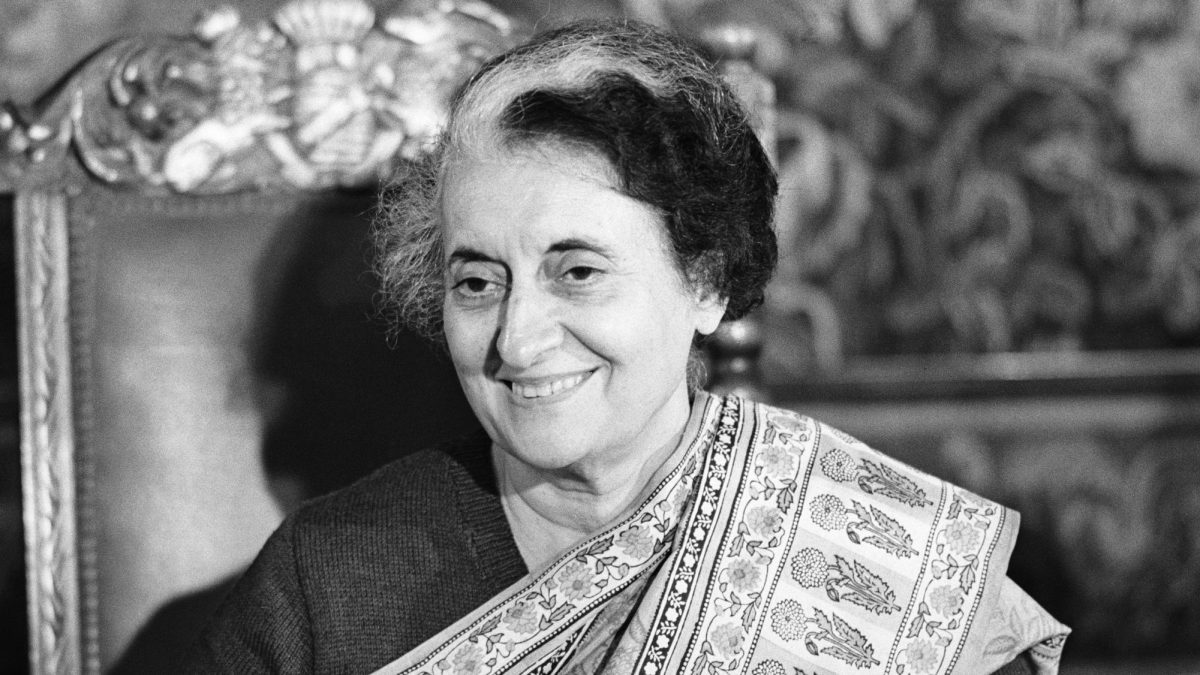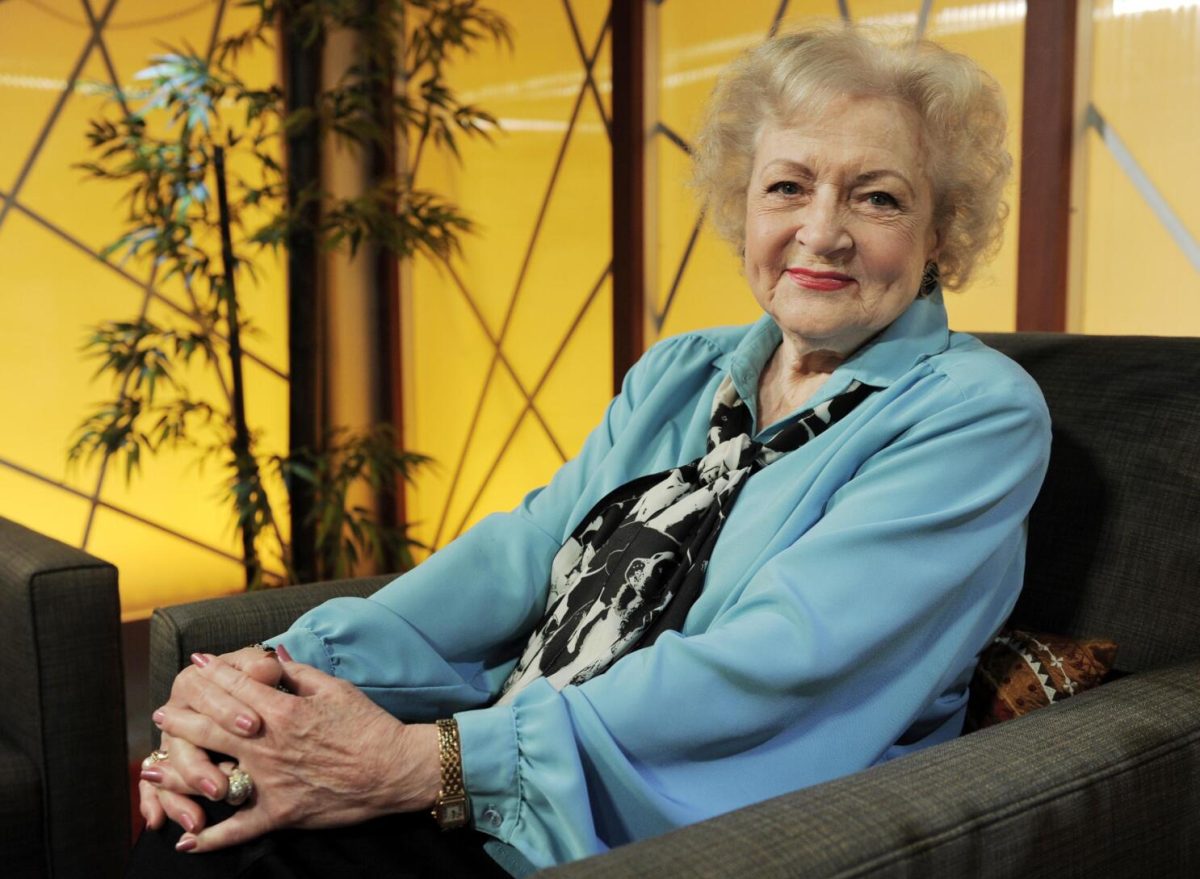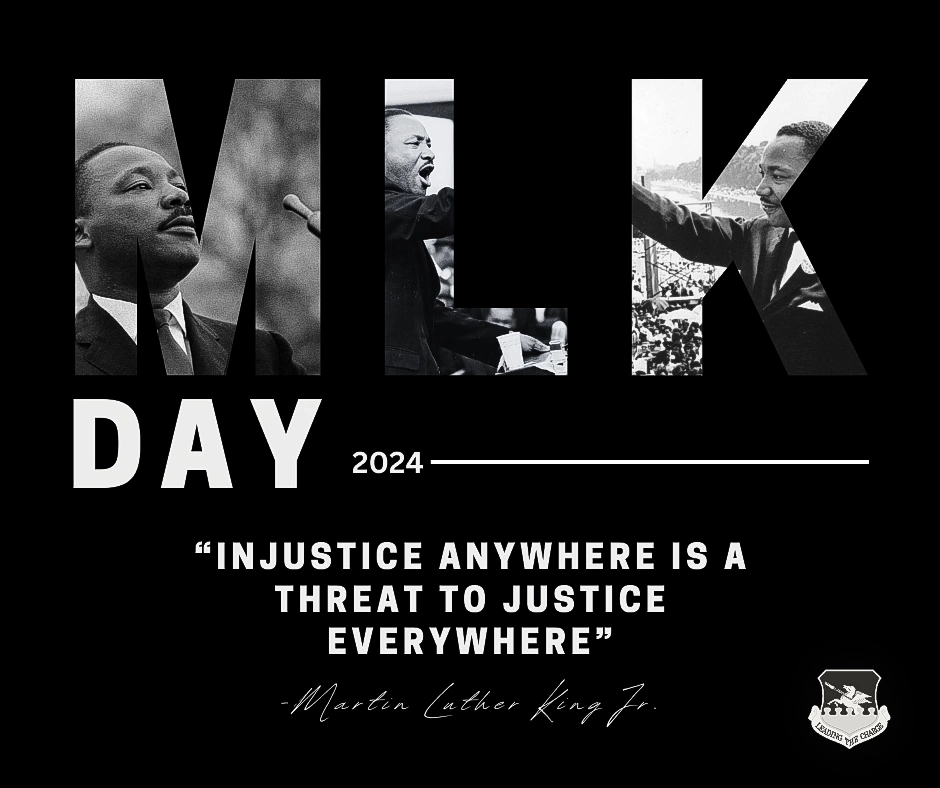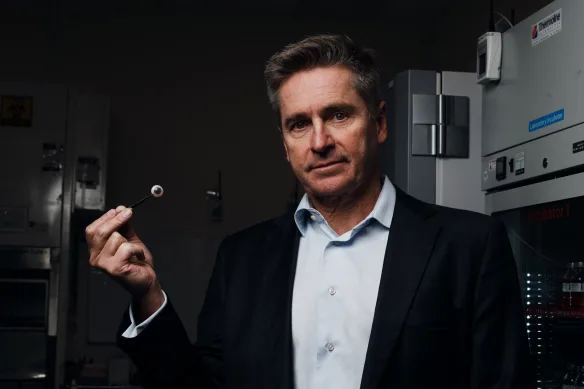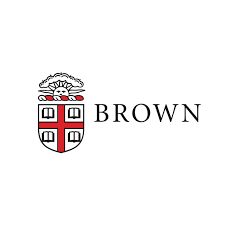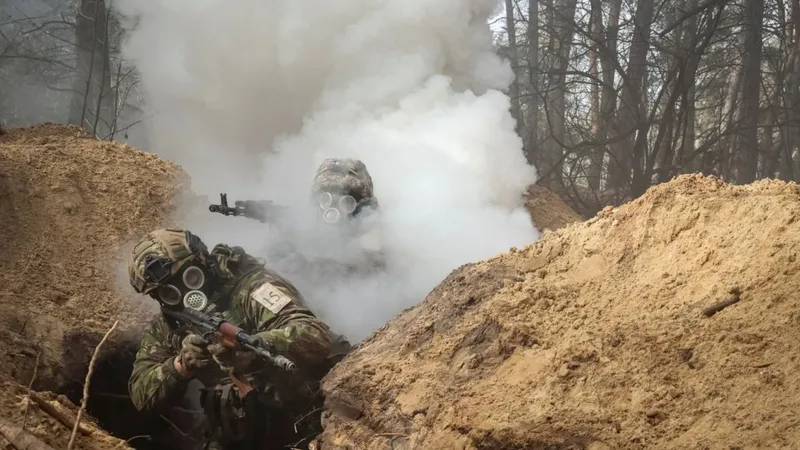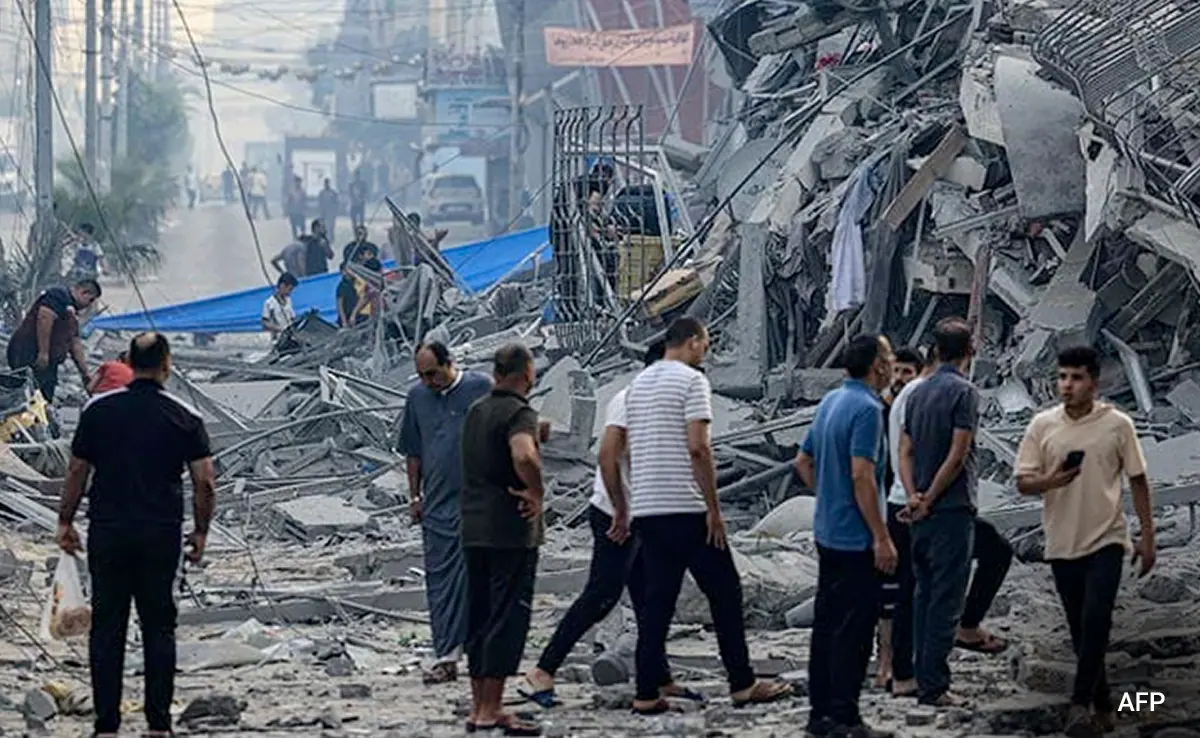Officials from the US Department of State have said that Russia used chloropicrin, a choking agent, to make “battlefield gains” in the Russo-Ukrainian war. These accusations, which these officials elaborated as not an “isolated” incident, would be in violation of the CWC (Chemical Weapons Convention), which Russia signed. However, the Kremlin rejected these allegations, calling them “baseless”. Spokesman Dmitry Peskov also told reporters in Moscow that Russia would never contravene the CWC, and that the country stood by its contents, which bars states from acquiring or developing any new weapons. Around 193 nations have ratified the convention.
The OPCW (Organization for the Prohibition of Chemical Weapons), a global watchdog that looks at whether or not the CWC is being implemented, has said that a chemical weapon is a substance that is used to cause intentional harm or death. Chloropicrin is an oily substance that was used widely during World War I. It causes irritation of the lungs, eyes, and skin and can cause vomiting, nausea, and diarrhea, according to the CDC (US Center for Disease Control). The use of this chemical in war is explicitly against the CWC and is listed as a choking agent by the OPCW.
The state department also accused Moscow of regularly using “riot control agents”, or tear gas, during the war. President Joe Biden of the United States has warned Russia about deploying chemical weapons before. In March of 2022, he warned that Russian President Vladimir Putin would pay a “severe price” if he ever did authorize chemical weapon use.
Ukraine also says that its troops have faced many chemical attacks in the past few months. Earlier this year, Reuters reported that Russian forces had been using grenades packed with CN and CS tear gases. At least 500 Ukrainian soldiers have been treated for toxic gas exposure, and one had died after suffocating on tear gas.

